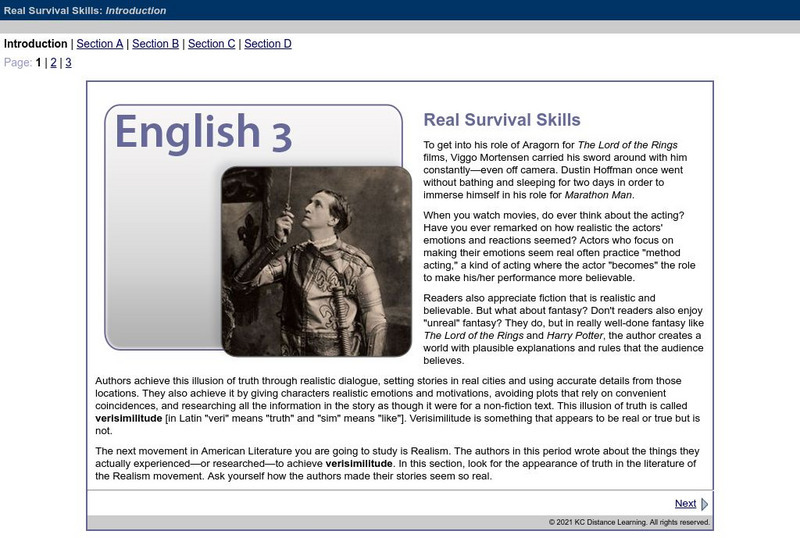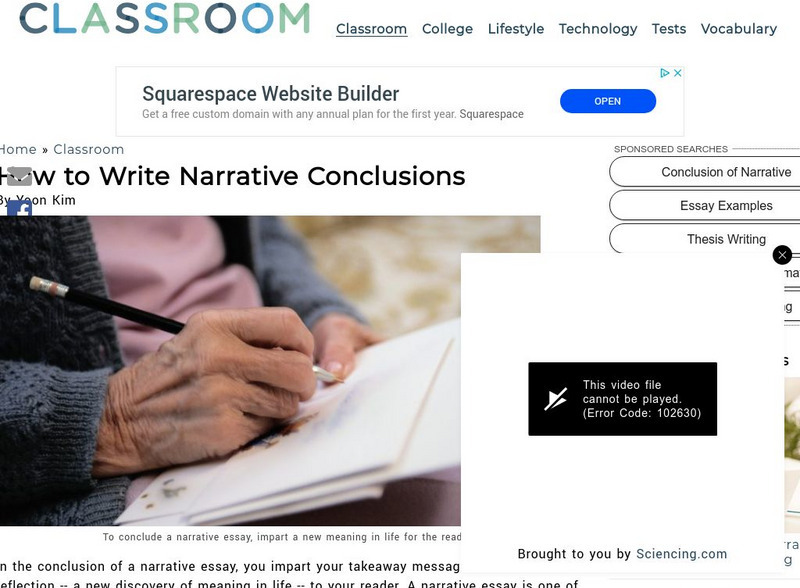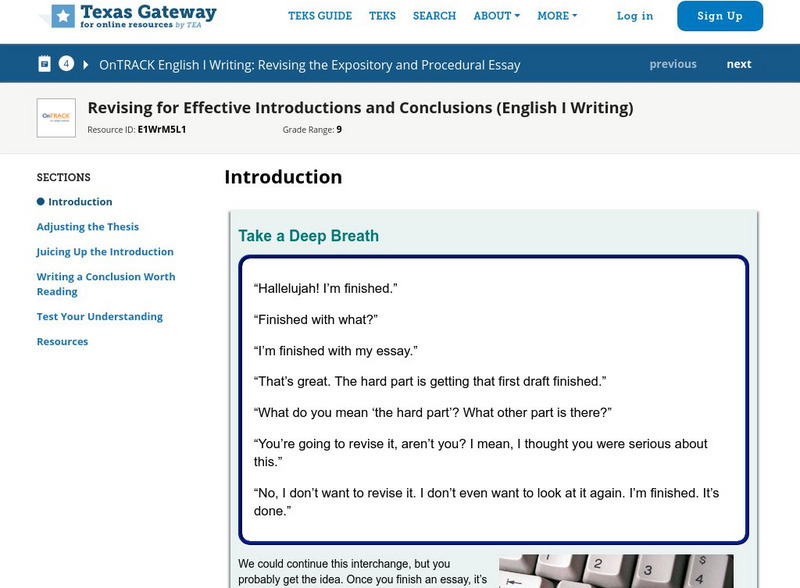Other
Canadaone.com: Sailing the Seven Cs of Effective Writing
Interesting article from Canadaone.com that outlines the author's seven C's of effective writing. Each of the concepts (all beginning with the letter "C") includes an explanation that demonstrates why the concept is important to the...
Online Writing Lab at Purdue University
Purdue University Owl: Introductions, Body Paragraphs, and Conclusions
This handout focuses on what an exploratory or inquiry paper is and how to write the introduction including the questions you need to answer and setting the context, stating why the main idea is important, and stating your research...
Online Writing Lab at Purdue University
Purdue University Owl: Academic Writing: Essay Writing
An overview of essay writing in general with additional pages discussing descriptive, narrative, expository, and argumentative essays.
Lumen Learning
Lumen: Rhetorical Reading: Intro to Vocabulary Building Reading Strategies
This article explains in general how to build vocabulary using reading strategies such as context clues.
Lumen Learning
Lumen: Rhetorical Reading: Read Strategically: Diversify Your Vocabulary
This lesson focuses on strategies to diversify and retain new vocabularies such as reading a variety of types of writing and learning roots, suffixes, prefixes, and the etymology of words.
Lumen Learning
Lumen: Rhetorical Reading: Putting It Together: Rhetorical Reading
This is a summary of the previous lessons having to do with rhetorical reading including rhetorical context, previewing text, actively reading, using context clues, and reading voraciously.
Lumen Learning
Lumen: Writing Skills: Conclusions
This lesson plan focuses on strategies for writing effective conclusions. It provides a list of strategies and a sample essay.
Lumen Learning
Lumen: Putting It Together: Beyond the Five Paragraph Essay
This lesson focuses on strategies for moving essay writing beyond the five-paragraph essay structure to one whose structure is determined by the content. W.11-12.4 Clear/Coherent Writing
Lumen Learning
Lumen: Writing Skills: Key Sentences
This lesson focuses on effective paragraph construction especially topic sentences.
Lumen Learning
Lumen: Writing Skills: Logic in Paragraphs
This lesson focuses on logic in paragraphs including logic, structure, rank order, and organization.
Lumen Learning
Lumen: Writing Skills: Revising Paragraphs
This lesson focuses on evaluating the structure of paragraphs and revising them.
Lumen Learning
Lumen: Using Sources: Paraphrase and Summary
This lesson focuses on how to integrate source material using paraphrase and summary and the differences between the two. It also provides a practice exercise.
Lumen Learning
Lumen: Introduction to Writing About Literature
This is an introduction to writing about literature; it includes a list of learning objectives for writing about literature including finding and using historical sources to discuss the historical context, finding and using literary...
Lumen Learning
Lumen: Reading and Interpreting Literary Texts: How to Analyze a Short Story
This lesson focuses on analyzing a short story including all of the elements of a short story such as setting, plot and structure, and characterization.
Other
Wheeling Jesuit University: How to Write a Cause Effect Essay [Pdf]
This writing lab explains the terms "cause" and "effect" and how to write cause-effect essays.
Department of Defense
Do Dea: Real Survival Skills
Learn about process analysis, writing procedurals texts, the steps of the writing process, and cause and effect in this unit. Also, examine patterns of organization in writing. A handy chart shows common organizational patterns which...
W. W. Norton
W.w. Norton & Company: Elements of the Essay: Thesis
An explanation and examples of interpretive claims and evaluative claims in a thesis statement. Click on list on the right for more information about elements of the essay.
Texas Education Agency
Texas Gateway: Informational Text: Analyze an Argument: Practice 1
When you read an argumentative essay or article, you should analyze the author's evidence. However, you can't analyze the evidence a writer gives in support of a position if you don't know the author's perspective.
Leaf Group
Classroom: How to Write Narrative Conclusions
This article focuses on how to write conclusions for narratives by sharing a takeaway message, a lesson or a reflection -- a new discovery of meaning in life -- for your reader. W.9-10.3e Conclusion, W.11-12.3e Narrative Conclusion
Texas Education Agency
Texas Gateway: Reading Comprehension Across Genres: Annotate for Meaning
This lesson focuses on Annotation, a "writing-to-learn" strategy. It consists of writing explanatory notes and critical (analytical) commentary to yourself. Annotating text consists of two steps: (1) underlining, highlighting, circling,...
Texas Education Agency
Texas Gateway: Analysis of Relative Values of Specific Data, Facts, and Ideas
[Accessible by TX Educators. Free Registration/Login Required] In this lesson we will talk about reviewing the facts and data you use to support your arguments and assessing the reliability of the sources you use.
Texas Education Agency
Texas Gateway: Revising for Effective Introductions and Conclusions
[Accessible by TX Educators. Free Registration/Login Required] In this lesson, you will learn how to adjust your thesis so it accurately reflects the main idea of your essay. You will learn how to breathe life into a dead introduction...
Texas Education Agency
Texas Gateway: Effective Intro & Conclusion & Variety of Sentence Structures
[Accessible by TX Educators. Free Registration/Login Required] This lesson focuses on the introduction which establishes the context for the information that will form the body of the essay, connecting the conclusion to the introduction,...
Texas Education Agency
Texas Gateway: Analyze Literary Essays' Inclusion of Personal Opinions and Facts
In this lesson, you will learn how to identify and discuss the use of facts, personal examples, and ideas and how they are woven into a literary essay.



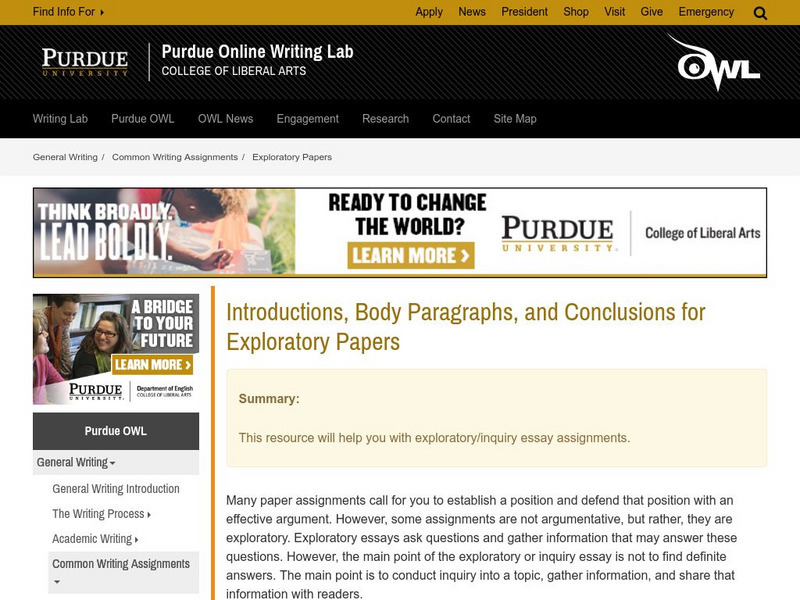
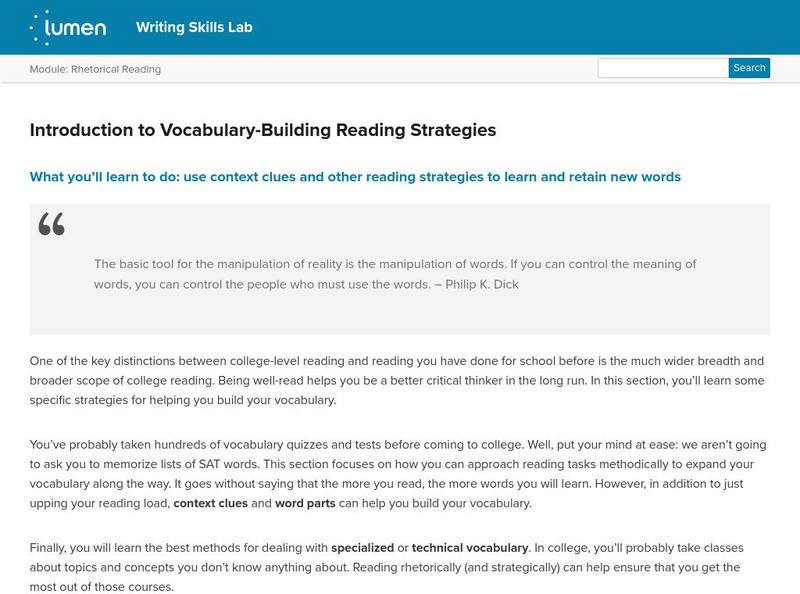



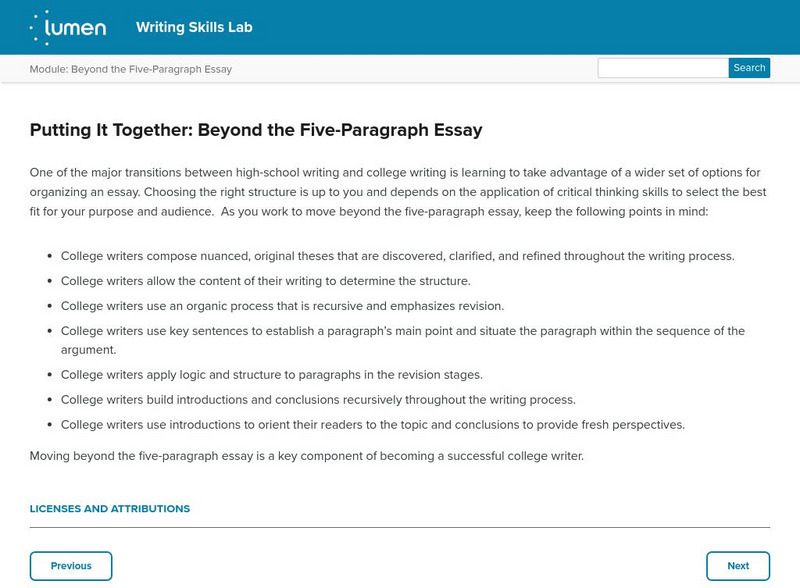

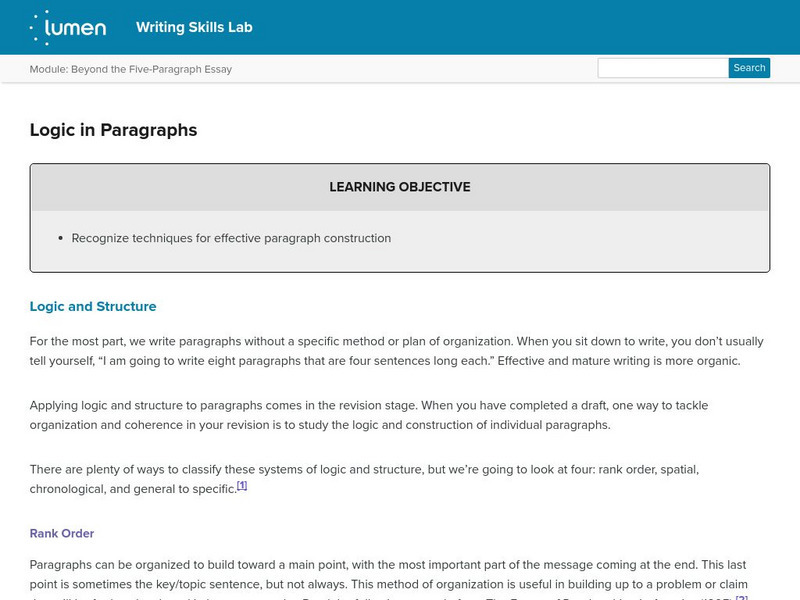
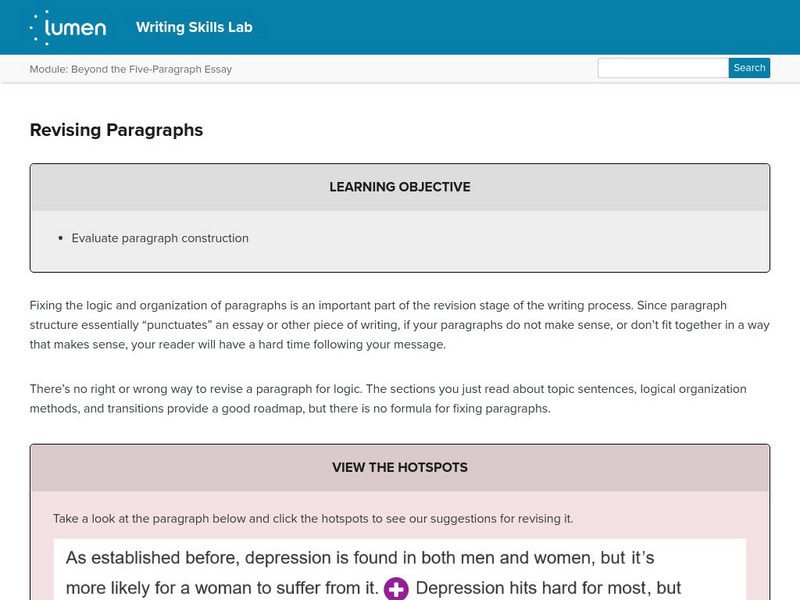

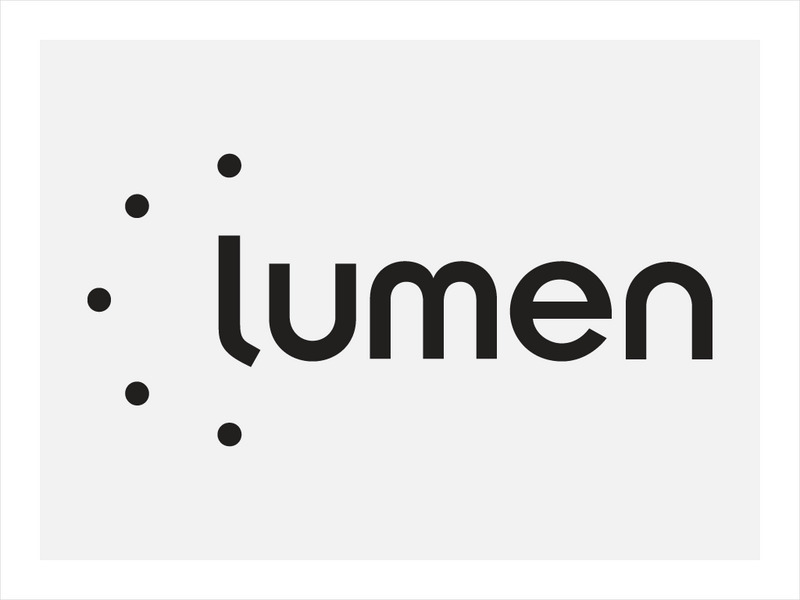

![Wheeling Jesuit University: How to Write a Cause Effect Essay [Pdf] Handout Wheeling Jesuit University: How to Write a Cause Effect Essay [Pdf] Handout](http://content.lessonplanet.com/resources/thumbnails/411265/large/bwluav9tywdpy2symdiwmduymc0xmdmwnc0xztdwmnvvlmpwzw.jpg?1589993216)
